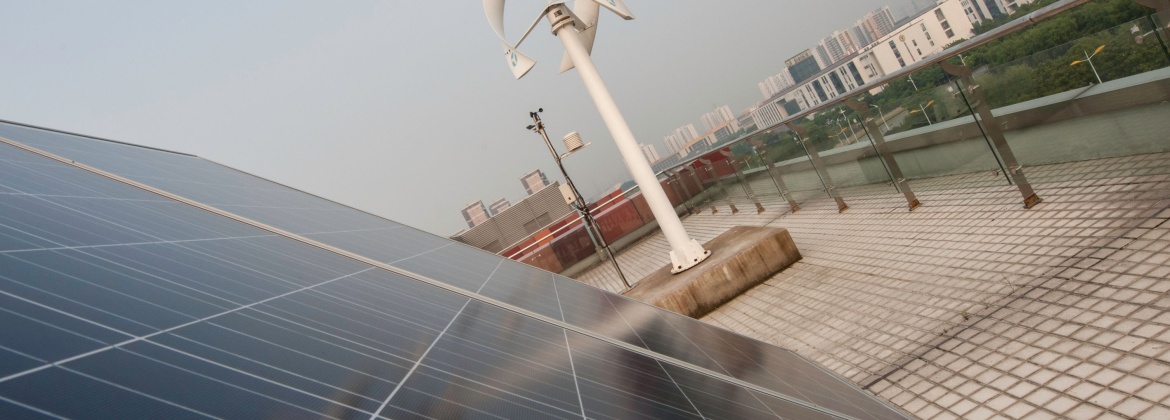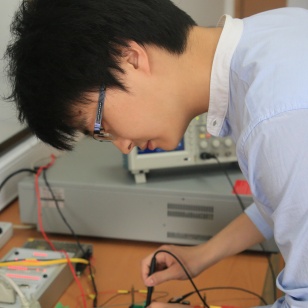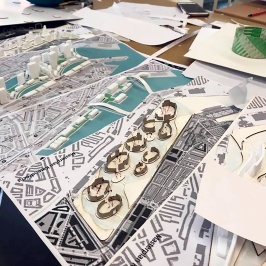- Integration of Energy Strategies in the Design of Buildings
- Sustainable Energy and Environment
- Power System Network and Smart Grid
- Nuclear Energy Technology

MSC SUSTAINABLE ENERGY TECHNOLOGY The MSc Sustainable Energy Technology programme provides state-of-the-art education in the fields of sustainable energy generation, distribution and consumption.
Designed in response to a growing skills shortage of engineers with a high level of training in renewable energy, smart grids and sustainability, the MSc Sustainable Energy Technology programme provides you with an advanced education in the fields of sustainable energy generation, distribution and consumption.
You will gain a thorough understanding of sustainability standards, various renewable energies, smart grid and power electronics for renewable energy and energy use management in buildings, urban design and other areas.
You will graduate ready to forge a successful career in sustainable energy technology, where recent developments have led to many job opportunities opening up in industry, government institutions and research centres.
This programme also offers XJTLU-JITRI joint supervision pathway which leverage the strength from both XJTLU and the research institutes and leading enterprises of Jiangsu Industrial Technology Research Institute (JITRI) to promote in-depth integration between industry, education and research. Through the unique training model integrating specialised module study, industrial research practice and dual supervision mechanism, we aim to cultivate cross-disciplinary talents who are innovative, application-oriented and with high-level international perspective.
Please click here to find more information about XJTLU-JITRI joint Master education.
By the time you graduate from the MSc Sustainable Construction, you will have:

The university offers a broad range of activities aiming to enrich master students’ theoretical and experiential learning and professional development. Trainings, workshops and seminars, covering varieties of themes and topics, both generic and subject-specific, are often offered at both university and school/department levels. You may also be provided with opportunities to work as a teaching assistant, research assistant, or intern at XJTLU. Depending on the programme, field trips and company visits may be organized, and invited talks may be given by the industrial experts and professionals. Such activities will not only support you in your programme study, but also develop your personal and professional skills and enhance your overall employability.。

Graduates from this programme are well prepared for positions such as electric power system engineer, electric power system consultant, electric power projects manager, and sustainable cities and building design consultant. Graduates may go on to work with industry and government to implement sustainable energy technologies within existing or new systems, and model and evaluate of their impact on ecosystems, economics and society

